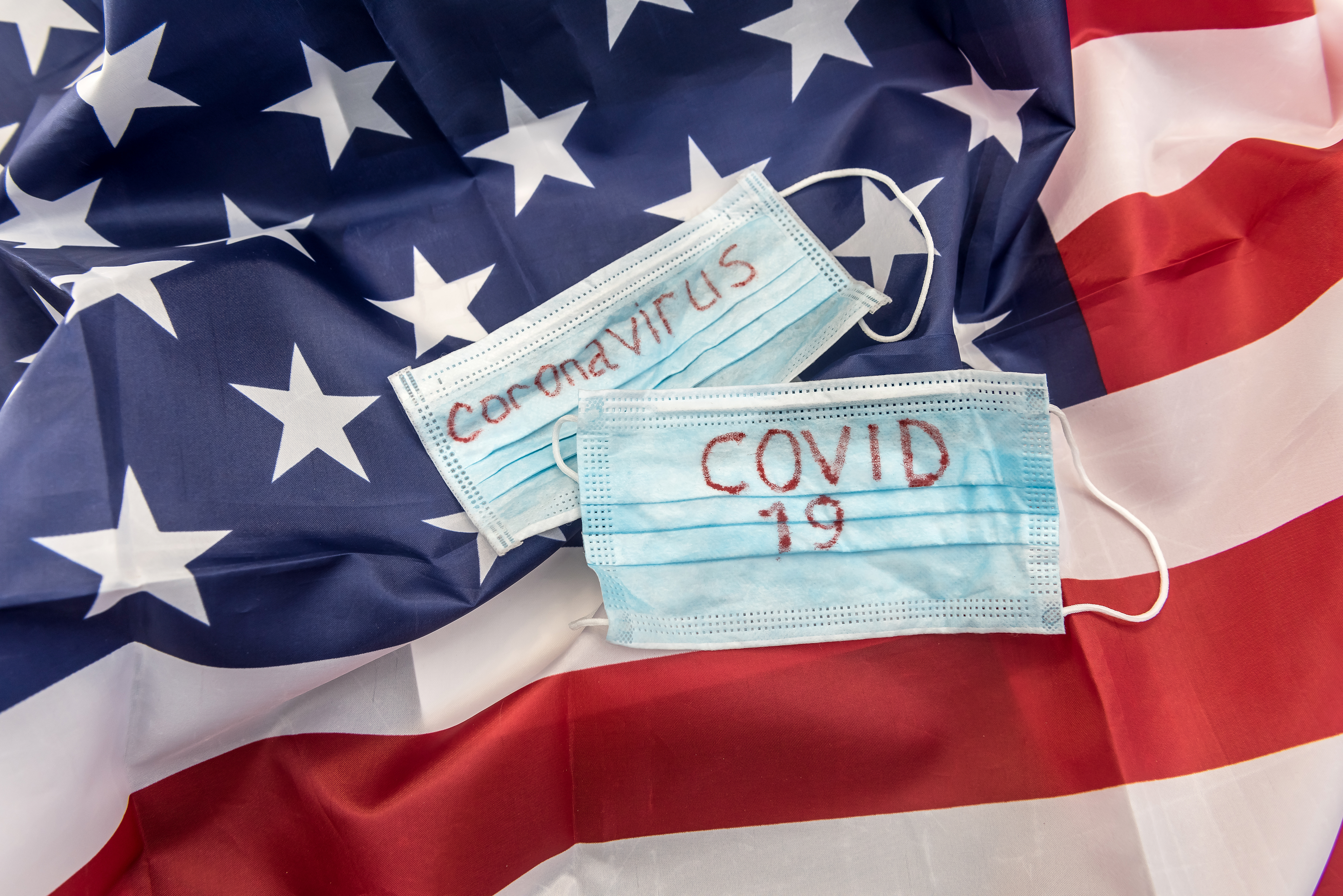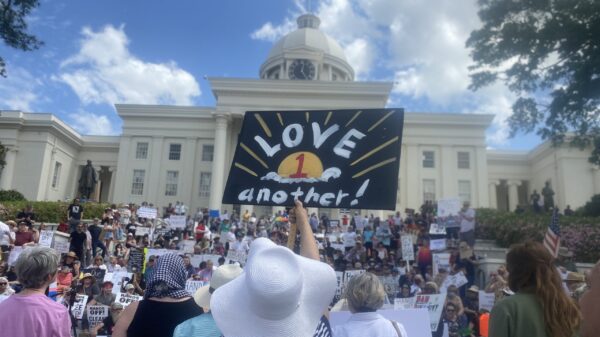November saw the COVID-19 global pandemic grow much worse and that appears to have carried over to December. The United States set a single-day record on Wednesday of more than 3,000 deaths linked to the novel coronavirus.
According to a Washington Post analysis, there were 3,140 deaths. Worldometer, a data tracking website, handles the data a little differently and reports 3,265 deaths on Wednesday and 2,981 on Tuesday. The COVID Tracking Project, another reputable data aggregator, tracked 3,054 reported deaths Wednesday.
No matter which of these trackers you follow, Wednesday saw more deaths from COVID-19 reported in a single day than ever before.
Texas, Colorado, Illinois and Pennsylvania each reported more than 200 deaths. The Alabama Department of Public Health reported an increase of 43 deaths on Wednesday, taking the state death toll to 3,985. Nationally, the death toll has risen to at least 296,885 as of press time.
{{CODE1}}
On Wednesday, Alabama Gov. Kay Ivey extended her “safer-at-home” order, which includes a mask mandate, all the way through Jan. 22, but she resisted calls to close or place more restrictions on businesses, restaurants, bars, churches and schools.
As of Wednesday, some 2,111 Alabamians were in the hospital suffering from COVID-19 complications. Nationally, more than 106,680 COVID patients were in hospitals on Wednesday, another new record, according to the COVID Tracking Project.
An FDA advisory committee on vaccines is holding an all-day meeting that includes a public comment period on whether or not to grant emergency use approval to the new COVID-19 vaccine developed by Pfizer and BioNTech.
Approval of the Pfizer-BioNTech vaccine is expected within days, and some vaccinations will likely begin next week.
The first doses of the vaccine are being reserved for frontline healthcare workers and nursing home residents. First responders say that they also should be considered for the vaccine.
Britain has issued a warning that the new vaccine has severe side effects for people prone to allergic reactions, and two staffers at their National Health suffered severe anaphylactoid reactions to the vaccine after being injected on Tuesday.
Both of them have a history of allergic reactions and carry EpiPens for emergency use. Both are recovering. British regulators have now ordered their hospitals to not administer the new vaccine to people with a history of “significant” allergic reactions.
The U.S. federal government has ordered 100 million doses of the two-dose vaccine, delivery of which can start as soon as regulators give the go-ahead.
Department of Health and Human Services Secretary Alex Azar downplayed the British report and said that he would gladly take the first dose in the United States. Israel’s Benjamin Netanyahu said that he would be the first Israeli vaccinated to demonstrate its safety.
Moncef Slaoui is a science adviser for the White House’s Operation Warp Speed vaccine task force.
“Subjects with known severe allergic reactions should not take the vaccine until we understand exactly what happened here,” Slaoui said, referring to the reports of the two British subjects who fell ill.
Officials around the world are trying to increase public confidence in the new vaccine.
According to Pfizer, their data shows that about 0.6 percent of people given the injection experienced some form of an allergic reaction to the vaccine in clinical trials. And 0.5 percent of the people injected with the placebo also exhibited a reaction.
According to the FDA review, there were 137 “hypersensitivity-related” reactions to the vaccine, compared with 111 such events in the placebo group.
“In the pivotal Phase 3 clinical trial, this vaccine was generally well-tolerated with no serious safety concerns reported by the independent Data Monitoring Committee,” a Pfizer spokesman said. “The trial has enrolled over 44,000 participants to date, over 42,000 of whom have received a second vaccination.”
President Donald Trump, who has already experienced COVID-19 firsthand, has called the vaccine a miracle.
The vaccine is months away from general distribution. For most of us, social distancing and wearing a mask or cloth face covering is the only way to avoid spreading the coronavirus for the time being.
At this point, there are 6,211,444 Americans diagnosed with active cases of the virus, roughly the population of the state of Missouri, and untold millions who are carrying the virus but are either asymptomatic or are dealing with their flu-like symptoms without getting tested.
It has become almost impossible to interact with large numbers of people and not be exposed to someone who is carrying the coronavirus, whether they know it or not.
Some 3,522 cases of the virus were reported in Alabama on Wednesday alone. Alabama has 107,815 known active coronavirus cases.



















































